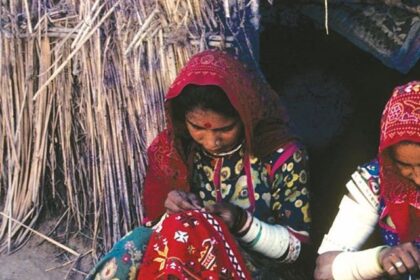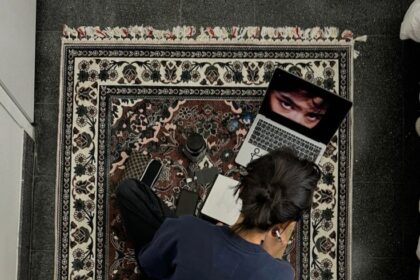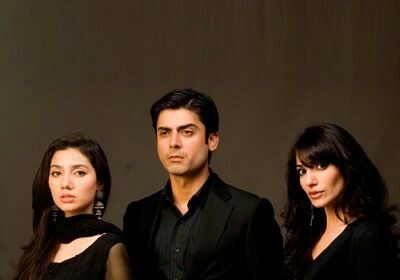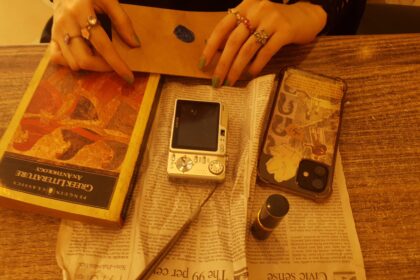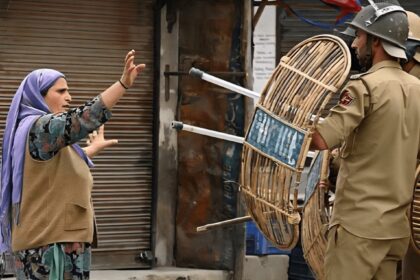In Pakistan, a wedding cards is never just a piece of paper—it’s a silent storyteller, a status marker, and a reflection of deep-rooted cultural traditions. From the texture of the paper to the glint of gold foil, every detail carries meaning far beyond simply announcing a date and venue. These cards are carefully crafted to convey wealth, taste, and social standing, often layered with subtle messages that only the culturally attuned can decode. Whether wrapped in ornate boxes or sent as a humble digital invitation, each wedding card reflects the sender’s priorities, relationships, and place in society, revealing an entire social hierarchy hidden in design choices.
The Cultural Layers of Wedding Cards in Pakistan
The cultural life of wedding cards:
Everything we do, every act we have, every simplest habit we have, all has a reason. These small acts are carried on by our family members in some ways and then passed on to us. Through this generational transfer of ideologies, we have come to live in a modern Pakistani society. Now the question arises, that if everything we do has a purpose, what is the purpose of the seemingly meaningless wedding cards and the thought that goes into creating the perfect one? The answer? We Pakistanis will leave no opportunity to show our status, our wealth, our role in the society; and we subtly have made wedding cards the sign of wealth and power. Although, it must be commended how such a simple piece of hard paper has made its way to be a status symbol.
A subtle foreshadowing of status:
Now we must dissect the thought that people put while creating the perfect wedding card. True, it’s for show, but like the wedding card that comes in an envelope, wrapped in another envelope, that piece of hard paper also has its layers and each layer has its own specific reason and meaning. From the size of the font to the style of it, from the type of paper to be used, to the gold foil on the edges, we leave Easter eggs for the receivers for them to find out what their status actually is and whether people view them like that or not. If the card has embossed wording, a matte finish and comes in its own individual plastic box with your name specifically printed on it, then the sender probably has enough money to feed 400 people a 20-dish buffet. If the wedding card has its own uniquely designed envelope with the latest design, has individual cards for all the events and has 3 to 4 types of different paper used for design, print and font, then the sender thinks of you as a valuable guest.
Who gets which?
But if the card is plain and simple, uses Urdu instead of fancy English, the sender is a simple and modest person who either does not have the money to print a fancy card or does not view a wedding card as something to spend thousands of rupees on. Now, in the world of modernisation, people also have found innovative ways to save money, and one of them is by sharing online wedding cards, whose designs can easily be made on any designing app. The card pops up on the screen, the date and venue show up and that’s it! No money spent, no fancy printing and certainly no symbol of status.
But there’s a catch. These days, there are two types of people. One, who are money savers and logically plan matters like a wedding and analyse where spending money is required and where it is not. Then comes the second type. The dangerous one. The type who sends fancy envelope-wrapped wedding cards, tucked in a box to some people who they think are worthy of getting one, and sends an online text to other people who are not that important or do not have the shared status of the senders. The latter type carefully dissects the wedding list, making hierarchies of guests and then meticulously sends out the wedding invitations.
Brains bigger than we think:
It’s truly a wonder how we Pakistanis are so creative in sending out a message in a seemingly mundane way. And therefore, this points out that we as a nation have a bigger brain than we give ourselves credit for. If that is such a case, then we ought to use our creative power for more constructive scenarios as well, for the country even, every once in a while. But that being said, we have to give credit to ourselves for finding such a unique way of sending a message of our wealth, status and power in the society.








